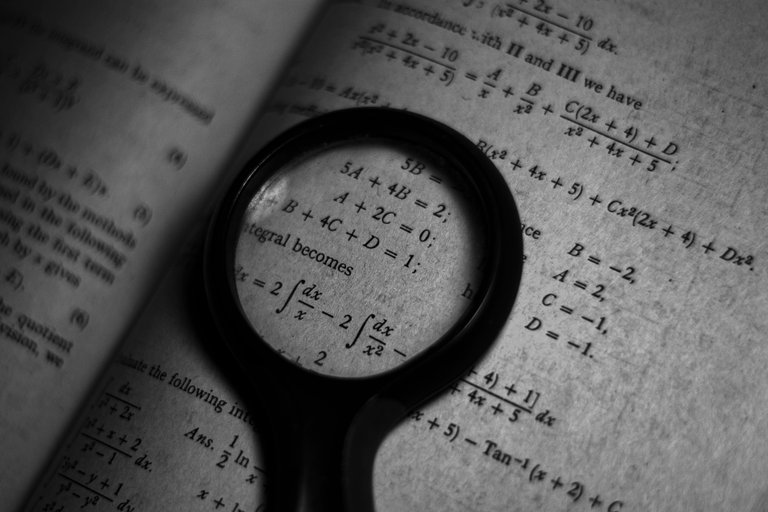Separating two aspects that are somehow interconnected isn't an easy task to do. But if you want clarity and peace of mind, then you might as well give it a try.
Just like how we can't control everything, outcomes aren't necessarily under our control even though we contribute into creating them.
To let go of the concept that we control outcomes is something I still struggle with to this day. Because what else is there to rest on, should I adopt the attitude that I'm just a passenger on this journey without any access to the driver's seat?
The outcome of a decision doesn't really show whether it was a good or bad decision. A good decision is one that was made with the best information and judgment available at the time given.
Something Vague
Here's a thought experiment: Is a thoughtful choice made with incomplete information that leads to an unfavorable outcome more admirable than a reckless choice that gets lucky?
For instance, an investor who thoroughly researches a company, analyzes market conditions, and makes a measured investment, only to see the stock price fall due to an unpredictable global event.
Compare this to a novice who impulsively invests in a meme stock and makes a profit through sheer luck.
The outcomes differ, but which decision-making process would you want to rely on long-term?
I personally can't tell at the moment. I think success or failure doesn't necessarily validate or invalidate our decisions. For the most part, I think it depends on the context and stakes of each situation.
Sometimes, what's particularly challenging is how this outcome-focused mindset can create a debilitating form of anxiety. A state where we constantly judge ourselves by results and are afraid to make any decision at all.
Or perhaps worse, we start choosing safer, less innovative options just to protect ourselves from potential failure.
The irony is that this defensive approach gradually leads to worse outcomes in the long run.
Bias Towards Results
On the one hand, we judge decisions by their consequences. Which in a way seems like a natural human bias towards results, albeit a reasonable one.
Arguably, the true measure of a decision is in the clarity of thought, available information, and conscious deliberation that went into making it.
Because it gauges and shows the reiterative process that goes into developing the skills that make up for effective decision-making: pattern recognition, emotional regulation, information gathering, and measured analysis etc.
Outcomes are semi-feedbacks on the process, one piece of the puzzle that doesn't tell the whole story.
However, since there are other factors at play – market conditions, technological changes, timing, and even plain luck – an outcome shouldn't be taken as the sole measure of decision quality.
Understanding this aspect becomes particularly valuable when facing repeated decisions under uncertainty, which can be quite common nowadays.
For me, almost every choice is an exercise on getting better at my decision-making process, and less about proving my worth or how well I did through outcomes or even trying to control them.
In this way, we free ourselves from the tyranny of results without having to sacrifice the clarity or peace of mind that comes from knowing what we can control.
Thanks for reading!! Share your thoughts below on the comments.


